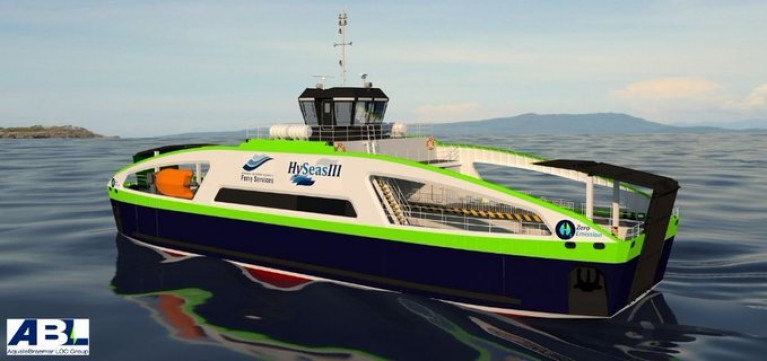Displaying items by tag: Scottish led
First renderings of the Scottish-led Hyseas III project which aims to build Europe’s first sea-going ferry powered by hydrogen fuel cells, have been completed by AqualisBraemar LOC Group.
The double-ended ferry will have capacity for 120 passengers and either 16 cars or two trucks. It is being designed to operate on the route between Kirkwall and Shapinsay in Orkney, Scotland, where hydrogen fuel will be generated using wind power.
In addition the vessel will also be capable of operating at other ports where hydrogen becomes available in the future.
The EU-funded programme involves Scottish partners Caledonian Maritime Assets Limited (CMAL), St. Andrew’s University and the Orkney Islands Council, as well as Kongsberg in Norway, Ballard in Denmark, McPhy in France, Arcsilea in England, and global ferry industry association Interferry.
Cruise&Ferry has more details on the project.

























































